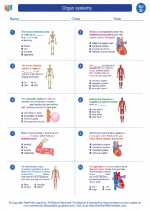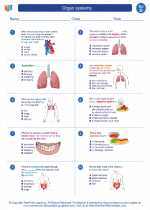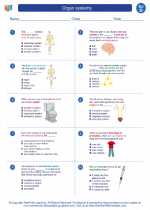Capillaries
Capillaries are tiny blood vessels that connect arterioles (small arteries) and venules (small veins). They are the smallest and most numerous of all blood vessels in the body. Capillaries play a crucial role in the exchange of oxygen, nutrients, and waste products between the blood and the body's tissues.
Structure of Capillaries
Capillaries have thin walls made up of only a single layer of endothelial cells. This thinness allows for the efficient exchange of substances between the blood and surrounding tissues. The diameter of capillaries is also similar to that of red blood cells, which enables the cells to pass through in single file, facilitating the exchange of gases and nutrients.
Functions of Capillaries
The primary function of capillaries is to facilitate the exchange of substances between the blood and tissues. Oxygen and nutrients are delivered to the tissues while waste products, such as carbon dioxide, are picked up and transported away for elimination. This exchange occurs through the thin walls of the capillaries via processes like diffusion and filtration.
Study Guide
- Describe the structure of capillaries and explain how it facilitates their function.
- What is the primary function of capillaries in the body?
- How do capillaries facilitate the exchange of substances between the blood and tissues?
- Explain the role of capillaries in the circulatory system.
- Discuss the importance of capillaries in maintaining homeostasis in the body.
◂Science Worksheets and Study Guides Fourth Grade. Organ systems

 Worksheet/Answer key
Worksheet/Answer key
 Worksheet/Answer key
Worksheet/Answer key
 Worksheet/Answer key
Worksheet/Answer key
 Vocabulary/Answer key
Vocabulary/Answer key
 Vocabulary/Answer key
Vocabulary/Answer key
 Vocabulary/Answer key
Vocabulary/Answer key
 Vocabulary/Answer key
Vocabulary/Answer key
 Vocabulary/Answer key
Vocabulary/Answer key
